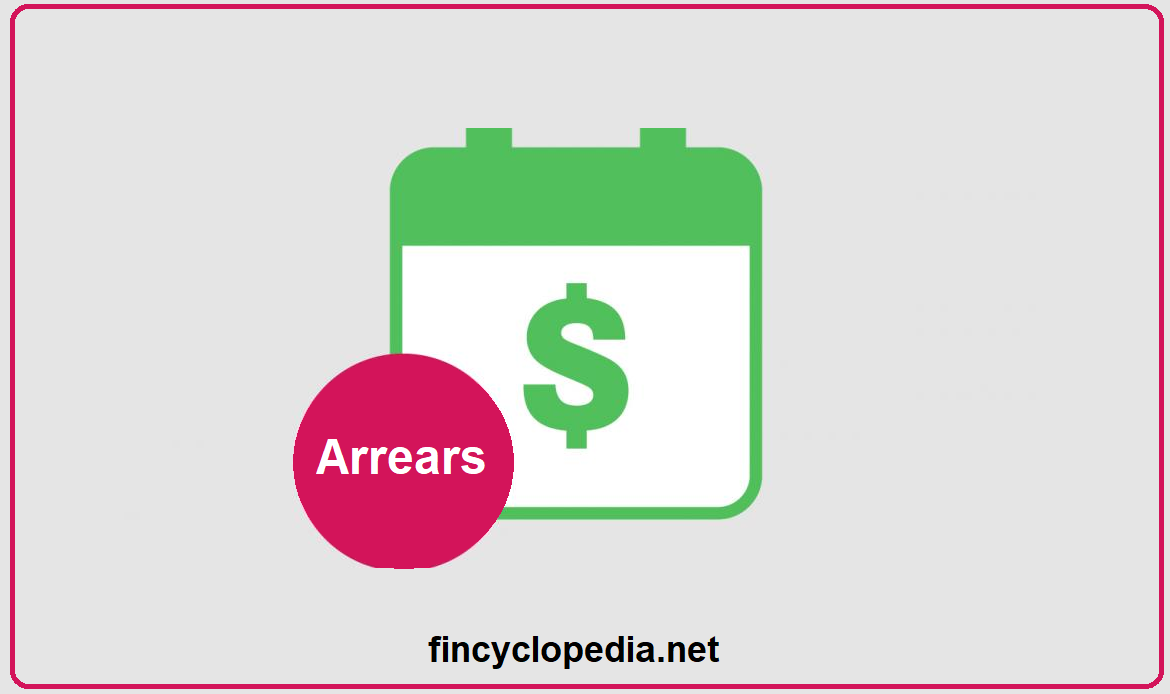The compounding of interest earned or paid on an interest-bearing instrument (e.g., bond, deposit, etc), or generally any type of investment, once per year. This refers to the process of determining the future or present value of a cash flow or a stream of cash flows when interest is earned or paid once a year. For example, an amount of $1,000 invested for 3 years at an annual rate of 5%, would grow annually to:
At the end of year 1: year-end investment = initial investment x (1+ interest rate) = 1,000 x (1.05) = 1,050
At the end of year 2: year-end investment = 1,050 x (1.05) = 1,102.5
At the end of year 3: year-end investment = 1,102.5 x (1.05) = 1,157.625
In other words, the annually compounded interest that is earned will grow the investment to $1,157.625 at the end of three years.






